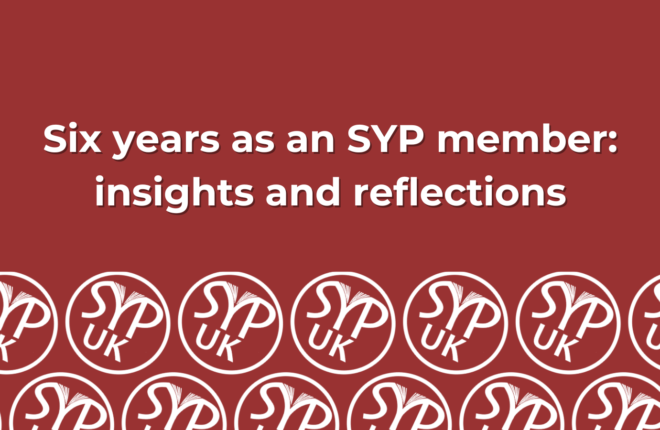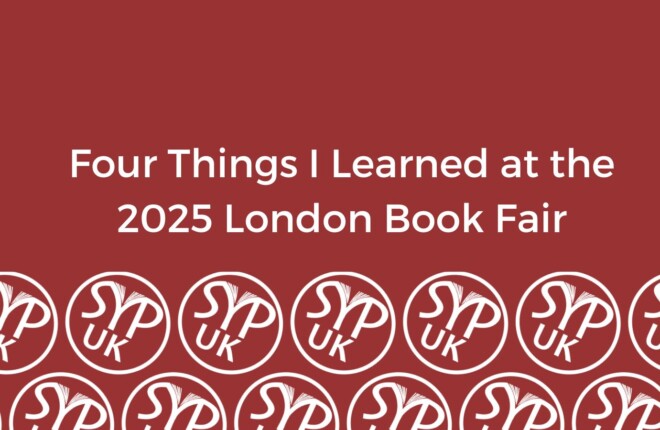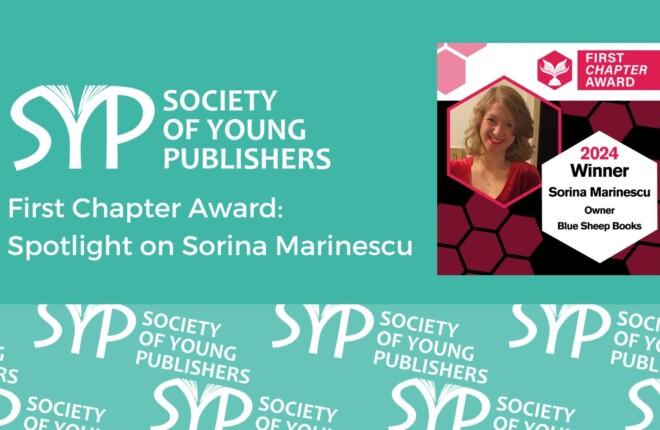
World Book Day: Four Reasons for Adults to Read
Posted on March 7, 2019 in UK

When the words ‘books’ and ‘pyjamas’ are mentioned in the same sentence, lazy Sunday mornings, spent lolling about reading edge-of-your-bed books usually spring to mind.
But consider this: how about, for one – otherwise dull – Thursday, we swap our suits and skirts for waistcoats and petticoats; our pens and papers for quills and parchment; and our handbags and backpacks for magically extended bags?
Well, for one thing, we’d probably get fired.
But why should that stop us, as adults, from celebrating one of mankind’s greatest inventions? (Namely, books).
I would argue that is important for us, on World Book Day 2019, to find a good book and lose ourselves in it, because:
Sometimes, words can have the power to heal
You may already be aware of the health benefits of reading books – preventing dementia, reducing stress levels and, of course, paper books are generally better for your eyes than the blinding blue light from your phone – but I don’t think its impact on our mental health has ever been more widely and actively recognised than it is now.
The NHS is offering books on prescription via its innovative Reading Well scheme, while The School of Life offers bibliotherapy sessions to support people to find books that help them identify and understand their emotions.
ReLit – a charity that promotes bibliotherapy for mental health – offers writing workshops to female offenders returning to their communities, and an online course that explores the ways in which poems, plays and novels can help us to understand and manage emotional strain.
Also, LitTherapy is an online resource that signposts people to books based on the emotions they’re experiencing.
You might be a writer
As countless authors have stated, to be a good writer, one must first read, read and read again.
On hitting a creative block when drafting a thriller recently, a friend of mine advised that I read up on plant properties and the historical usage of remedial herbs and spices. She also suggested I read up on the history of marine engineering, ancient beliefs about rain and the history of paint.
I gazed at her, amazed, wondering why on earth I’d need to know any of these things: they had nothing to do with my novel.
But when I started to read up on them, I couldn’t stop: I went from marine engineering to car engineering; remedial herbs to Latin names for flowers; ancient beliefs about the rain to ancient beliefs about the moon.
And I found that, the more I read, the more my novel started to unfold. Knowledge that I’d gained from books became, in a way, a literary device.
You’re a renegade
With YouGov finding that 12% of Londoners and 15% of people in the North East “don’t feel like reading… for personal enjoyment… because of how much [they] already have to read at work”; and the relentless pull of social media making some people “incapable of reading books”, finding 20 spare minutes to read a book in your lunch break, or just before bed, may be the most radical thing you do this year.
Of course, if you struggle to find the time to read for yourself, reading to your child might be a good way to go. Considering that reading to your child can help to build the bond between you both, the statistic that only 19% of 8-10 year olds are read to daily by an adult, is a scary one.
So let’s change it, one book at a time.
Because your imagination is boundless
Finally, I want to emphasise the importance of imagination: I believe that developing, exploring and harnessing our imagination as adults is just as constructive and vital as it is for children.
Imagination, as well as experience and human interaction, enables us to feel empathy for others; imagination enables us to form our own views and principles, and allow them to be challenged.
And, maybe most importantly, without imagination, we wouldn’t have books in the first place!
By Reeja Sarai
@ReejaSarai




 Listen to the podcast
Listen to the podcast  Explore the Youtube channel
Explore the Youtube channel